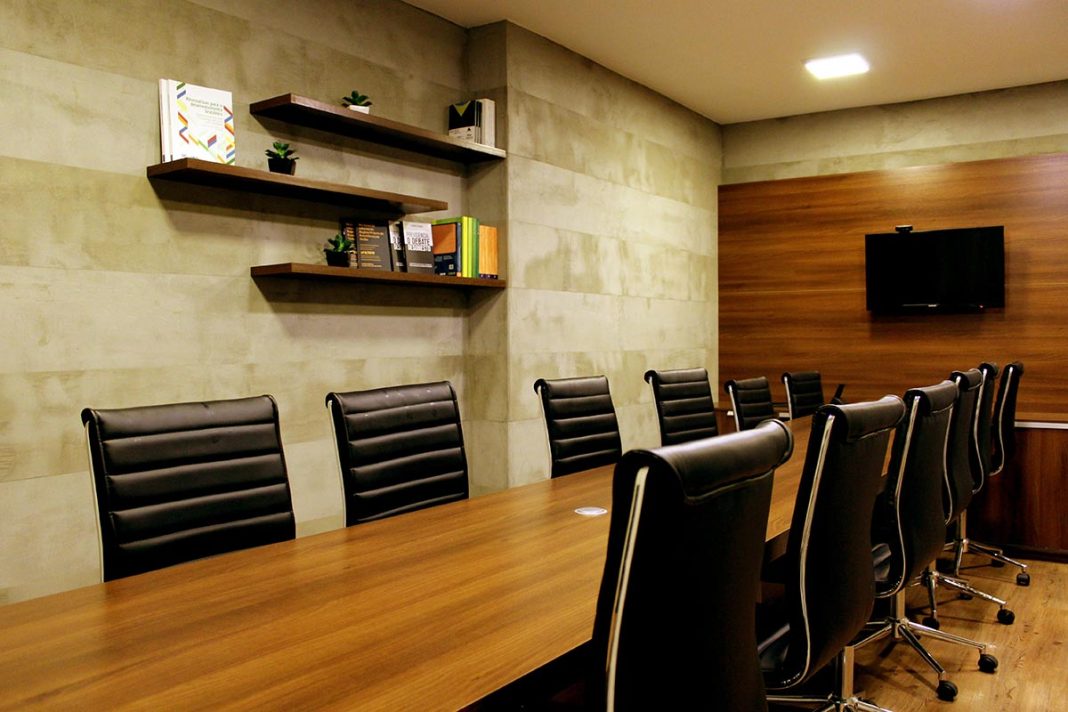Some of the best business decisions – if not all – are made, to some extent, by committee. Meetings are an ineluctable part of business language, culture, and development, being the primary catalysts by which ideas are generated, changes made, plans confirmed, and news broken. But running a good meeting is as much an art as it is a science.
A 2021 survey found that workers were wasting an average of five days a year in ‘pointless’ meetings, a statistic shored up by office sentiment across the country. What can you do, then, to plan a successful meeting?
Create an Agenda
In order for any meeting to even have a chance of success, there needs to be a formal agenda for said meeting. How many meetings have you personally been a part of that could have just as easily been an email? Setting an agenda for your meeting guarantees it both form and substance; with pre-set topics and a clear set of goals for your meeting, you can ensure that something valuable will come of it.
Strictly speaking, an agenda is simply a formalised structure for a given meeting, from acknowledgments at the start to pre-defined topics and conversation and opportunities for interjection or remarks. In principle, though, it is more than this. An agenda is an opportunity for you to recognise and utilise the talents of everyone in the room, as well as to convey necessary information.
Manage Logistics
Meetings come in many different shapes and sizes, from smaller-scale departmental catch-ups to larger events with international visitors. Whatever form your meeting takes, taking personal control over (and accountability for) any logistics relating to the meeting should be a given.
As the host or chair of the meeting, you should be directly responsible for ensuring the time of your meeting’s participants is properly blocked out in your work system. Where international presence is a necessity, you should be arranging travel and board; a private jet hire may be justifiable where important time-sensitive matters are concerned, to get your visitors in at short notice and in relative comfort to boot.
Control and Courtesy
Another key way in which business meetings can derail themselves is through the conduct of those present. This isn’t to say that meetings need a teacher-like presence to ‘control the classroom’, so to speak, but rather that even meetings with agendas can run over time or off-topic without a hand on the tiller.
To this end, your role as the organiser of this meeting should be to keep everyone up-to-date and on task, thus minimising opportunities for the meeting to steer off-course. This demonstrates respect for everyone’s time, and ensures the right subjects receive prominent attention. Altogether, these little tips can make a major success of your next meeting arrangement.
